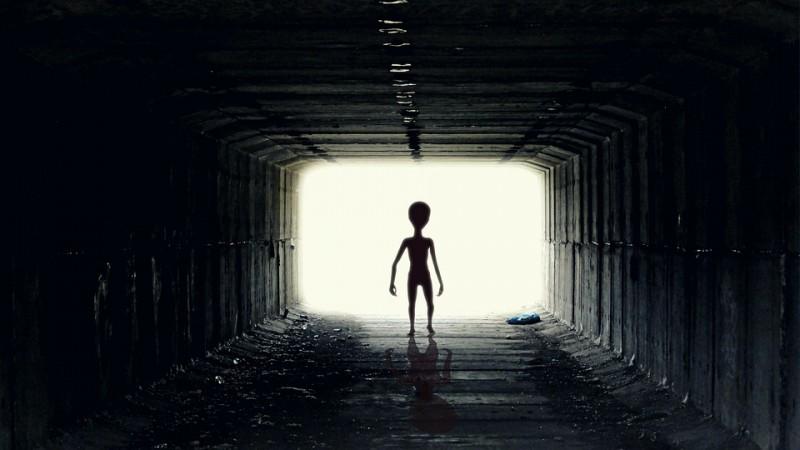
A telescope in Canada has picked up a series of mysterious radio signals from a distant galaxy. These radio waves are known as fast radio bursts (FRB), and one among them was unusually repeating. It should be noted that such an event was recorded only once before in history, and it has made many believe that aliens from deep space are trying to make the first contact which could reshape the future of the entire humanity.
The research report published in the journal Nature revealed that these fast radio bursts were coming from a source that is approximately 1.5 billion light years away.
Even though FRBs were detected in 2007, it was only in 2015 that the Arecibo radio telescope in Puerto Rico detected such repeating radio waves. The new discovery was made using the Canadian Hydrogen Intensity Mapping Experiment (Chime), in British Columbia's Okanagan Valley.
Experts believe that FRBs, sometimes in a very low frequency often zip past our planet, and using advanced technologies, scientists could detect more of them in the future.
"Until now, there was only one known repeating FRB. Knowing that there is another suggests that there could be more out there. And with more repeaters and more sources available for study, we may be able to understand these cosmic puzzles – where they're from and what causes them," said Ingrid Stairs, an astrophysicist at the University of British Colombia in a recently issued statement.
In 2017, Avi Loeb, a top researcher at the Harvard-Smithsonian Center for Astrophysics had suggested that these mysterious fast radio bursts could be actually an indication of alien life in deep space. As per Loeb, FRBs could be most probably leakage from planet-sized alien transmitters. Loeb, in his study report also urged space agencies to study the artificial origin nature of these radio waves.
"Fast radio bursts are exceedingly bright given their short duration and origin at great distances, and we haven't identified a possible natural source with any confidence. An artificial origin is worth contemplating and checking," said Loeb in the study report.









!['Had denied Housefull franchise as they wanted me to wear a bikini': Tia Bajpai on turning down bold scripts [Exclusive]](https://data1.ibtimes.co.in/en/full/806605/had-denied-housefull-franchise-they-wanted-me-wear-bikini-tia-bajpai-turning-down-bold.png?w=220&h=138)



